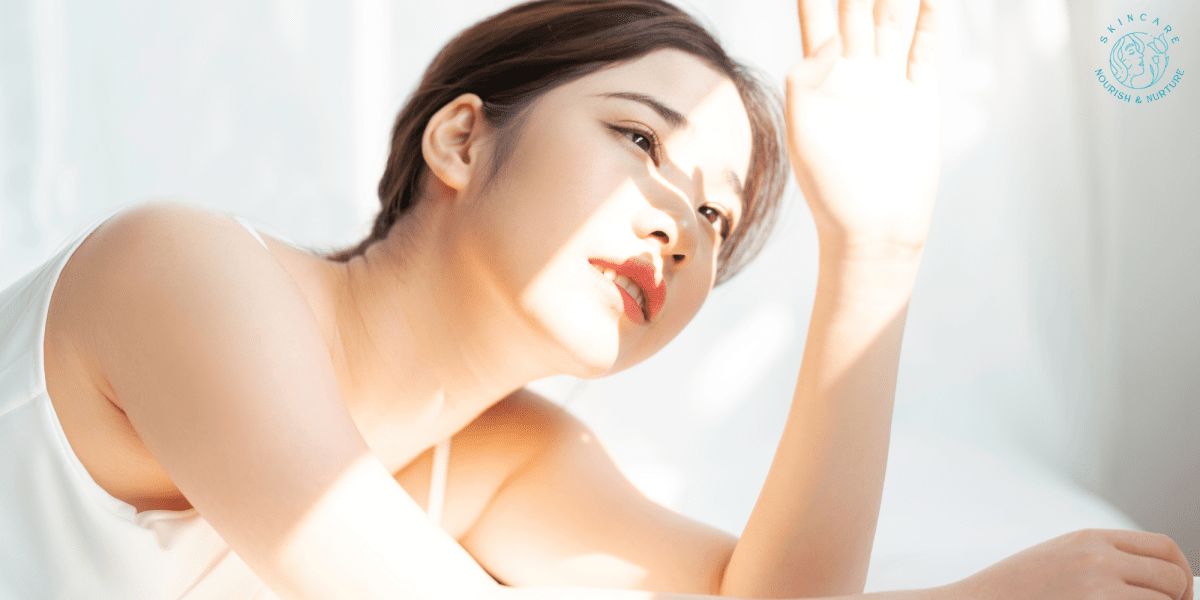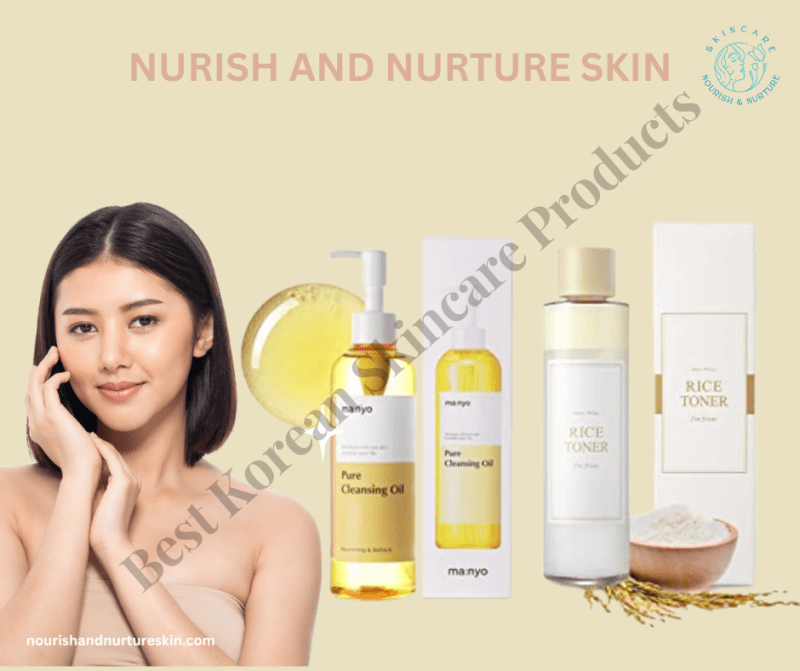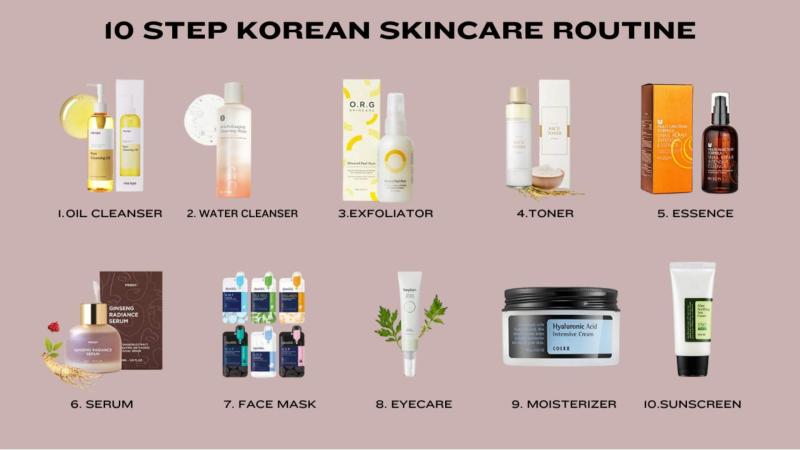Why Korean Sunscreens Are the Ultimate Secret to Youthful, Glowing Skin
I can’t say I recall the exact moment I realised the gravity of wearing sunscreen daily—maybe it was when I caught a glimpse of my friend’s sunburn peeling off like ragged wallpaper (a sight both fascinating and grotesque). But I do remember how unsettling it felt, almost like we were witnessing a small tragedy (though, in the grand scheme of life, it was no big deal).
Anyway—if you know anything about the ins and outs of K-beauty, you know that Korean SPF products have been making waves. Or tsunamis, I should say, because they’ve practically flooded the market with an array of enchanting formulas, each promising to cradle your delicate skin in protective arms (metaphorically speaking, obviously).
When SPF Becomes a Lifestyle
Modern trends have pushed SPF as not just a product but a daily necessity—like brushing your teeth or doom scrolling through social media. In 2024, especially, we saw a surge in demand for eco-friendly packaging (and ironically, an uptick in plastic usage, but that’s another story). People realised that the sun doesn’t care if it’s January or July; it continues to spew out UV rays like a cosmic faucet that won’t quit dripping.
Why Chemical vs. Physical is Only Part of the Story
To dig a bit deeper, let’s talk about chemical and physical sunscreens—though it can get as technical as a 300-page chemistry dissertation. Chemical sunscreens absorb the sun’s rays (cue science words like avobenzone or octocrylene), while physical formulas deflect them away like a mirror reflecting a beam of sunlight onto a flustered cat.
Yet, in Korea, innovation doesn’t always stop with these conventional categories. Hybrids abound! Some products fuse the best of both worlds, or at least attempt to, and the result is something akin to a halfway house between absorption and reflection.
Emotional Whiplash: The Joy and Terror of Sun Exposure
I’ll never forget the time I was wandering around the streets of Seoul (in the summer of 2023) when, suddenly, the relentless sun turned my cheeks into a subtle shade of tomato. My phone’s battery died from overheating—some intangible cosmic sign urging me to be mindful of my environment.
This tension between the allure of sunshine and its capacity to silently damage our skin is precisely why Korean SPF took off. You see, it’s not just about blocking rays—it’s also about bestowing moisture and comfort (like a best friend who tells you harsh truths but also bakes you cookies).
Putting Sunscreen Last Yet Making It First
In typical K-beauty lore, you do the whole nine yards: double cleansing, toners, essences, serums, moisturisers—maybe you even do a random dance in between, who knows. Then, finally, you top it off with sunscreen. And you’d think that’d be a burden, but let me tell you, when a formula is as lightweight as a passing thought, it feels more like slipping on a gossamer layer of bliss than piling an extra coat on your already-clogged pores.
Breaking Through Myths: Don’t Be Fooled
A few misconceptions still roam the skincare jungle. Like, “I only need SPF when the sun is shining bright.” Wrong. UV rays can pierce through clouds as easily as questionable pop music pierces mainstream radio.
Also, a product labelled SPF 100 doesn’t mean you’re invincible—though many Korean brands top out around SPF 50+ anyway, combined with a robust PA++++ rating. Another tale is that physical sunscreens are always better for reactive or acne-prone skin.
The Real-World Scenario
In light of the ongoing climate crises, heatwaves have been popping up like daisies in a meadow (though daisies might not survive those scorching conditions). As a result, more and more individuals are waking up to the necessity of daily sun protection.
Several K-beauty giants announced new formulas at the 2024 Seoul Skincare Expo—some touting “nano-dispersion technology” or “dual-lipid layering.” These phrases can sound marketing-heavy, but the gist is that they’re designed for consistent coverage, even when you’re sweating bullets in a heatwave.
Closing Thoughts
So, do Korean sunscreens earn their reputation for—let’s be dramatic—saving our skin from certain doom? In my flamboyantly biased estimation, yes, they do.
They’re built around the principle that skincare should never be an afterthought, that it should mesh seamlessly with daily life, and that it should attend to not just functional needs (like blocking the sun) but also intangible desires (like feeling pampered, which we all secretly crave).


